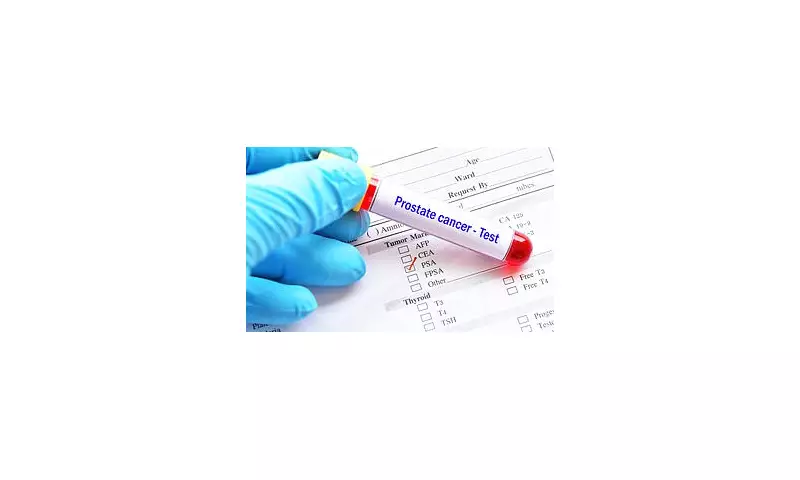
A landmark medical study has delivered promising news in the fight against prostate cancer, revealing that systematic screening could significantly reduce the number of men dying from this devastating disease.
The Numbers Speak Volumes
Research spanning two decades demonstrates that regular Prostate-Specific Antigen (PSA) testing can slash the risk of dying from prostate cancer by an impressive 35%. This breakthrough finding comes from one of the most comprehensive studies ever conducted on prostate cancer screening.
How the Research Unfolded
Scientists followed more than 12,000 men over a 20-year period, comparing outcomes between those who received regular PSA tests and those who didn't. The results are compelling:
- 35% reduction in prostate cancer mortality among screened men
- Earlier detection leading to more effective treatment options
- Improved survival rates across all age groups studied
Why This Matters for British Men
Prostate cancer remains one of the most common cancers affecting men in the United Kingdom, with approximately 52,000 new cases diagnosed each year. This research could transform how we approach early detection and prevention.
"These findings challenge previous scepticism about PSA testing and could reshape national screening guidelines," explained one senior researcher involved in the study.
The Screening Process Explained
The PSA test is a simple blood test that measures levels of prostate-specific antigen. While elevated levels don't always indicate cancer, they can signal the need for further investigation, including:
- Additional blood tests
- Digital rectal examinations
- MRI scans
- Biopsies when necessary
Looking to the Future
Medical experts are now calling for updated screening recommendations that balance the benefits of early detection with the need to avoid unnecessary treatments. The research suggests that targeted screening for high-risk groups could be particularly effective.
As one oncologist noted, "This isn't about screening everyone, but about smart screening for the right people at the right time."





